According to the MoneyTree Report by PricewaterhouseCoopers LLP and the National Venture Capital Association (NVCA), venture capitalists invested $29.4 billion in 3,995 deals in 2013, an increase of 7% in dollars and a 4% increase in deal volume over 2012 levels. The full Q4 and FY 2013 investing trends are available here.
A couple of interesting highlights for 2013:
- Internet-specific companies captured $7.1 billion, marking the highest level of Internet investment since 2001.
- Investments into the software industry also reached their highest level since 2000 with $11.0 billion flowing
Continue Reading 2013 annual venture investment dollars rise 7%


